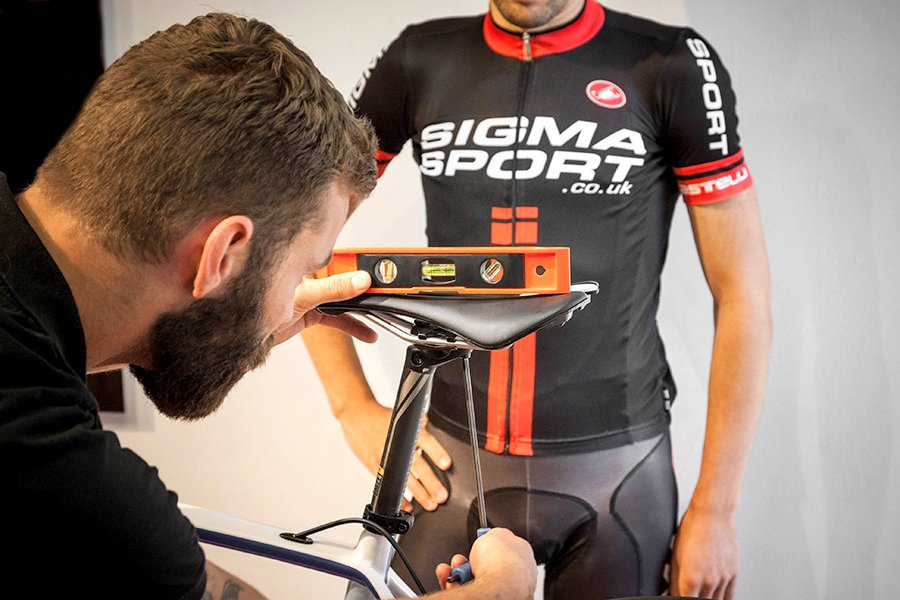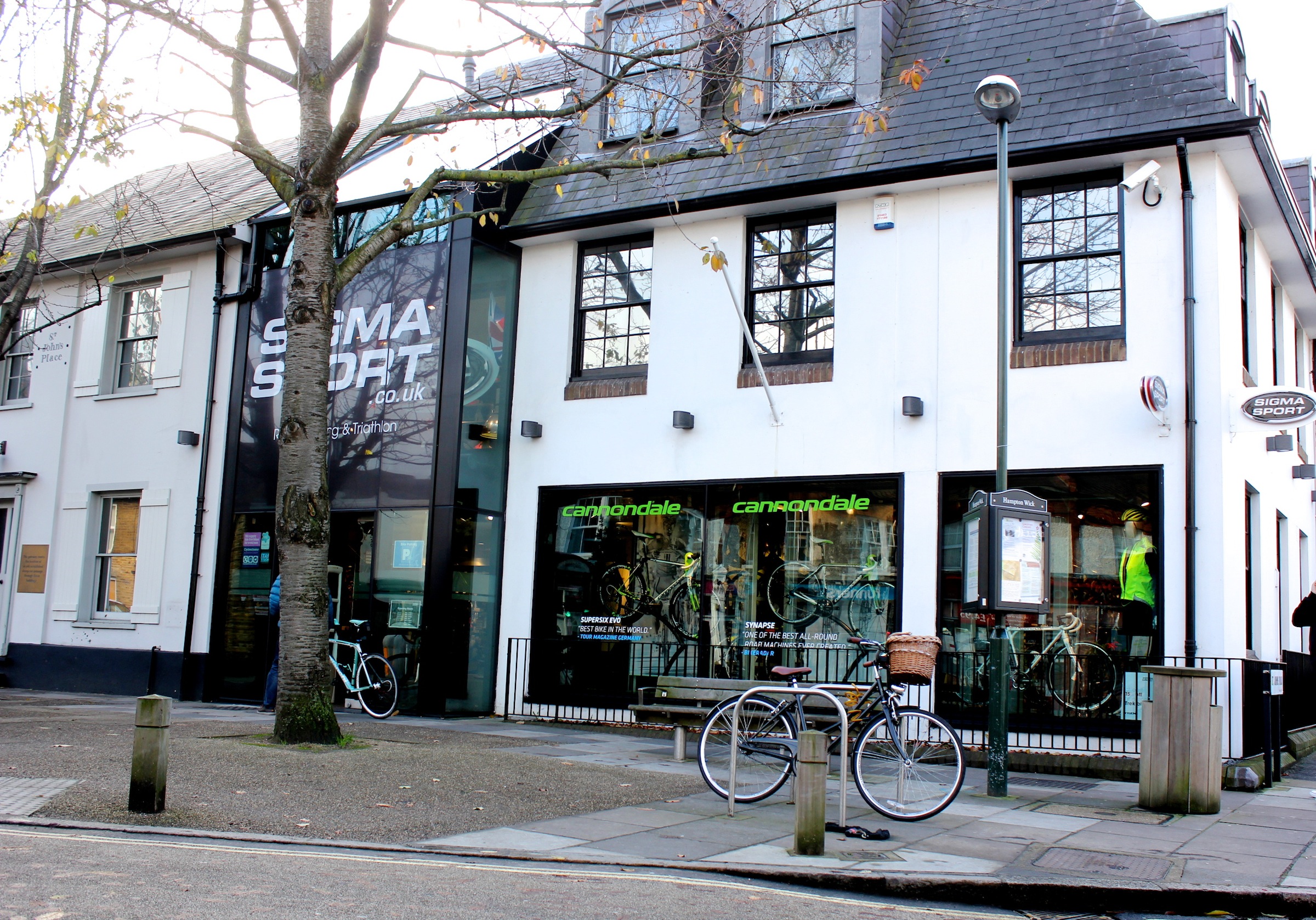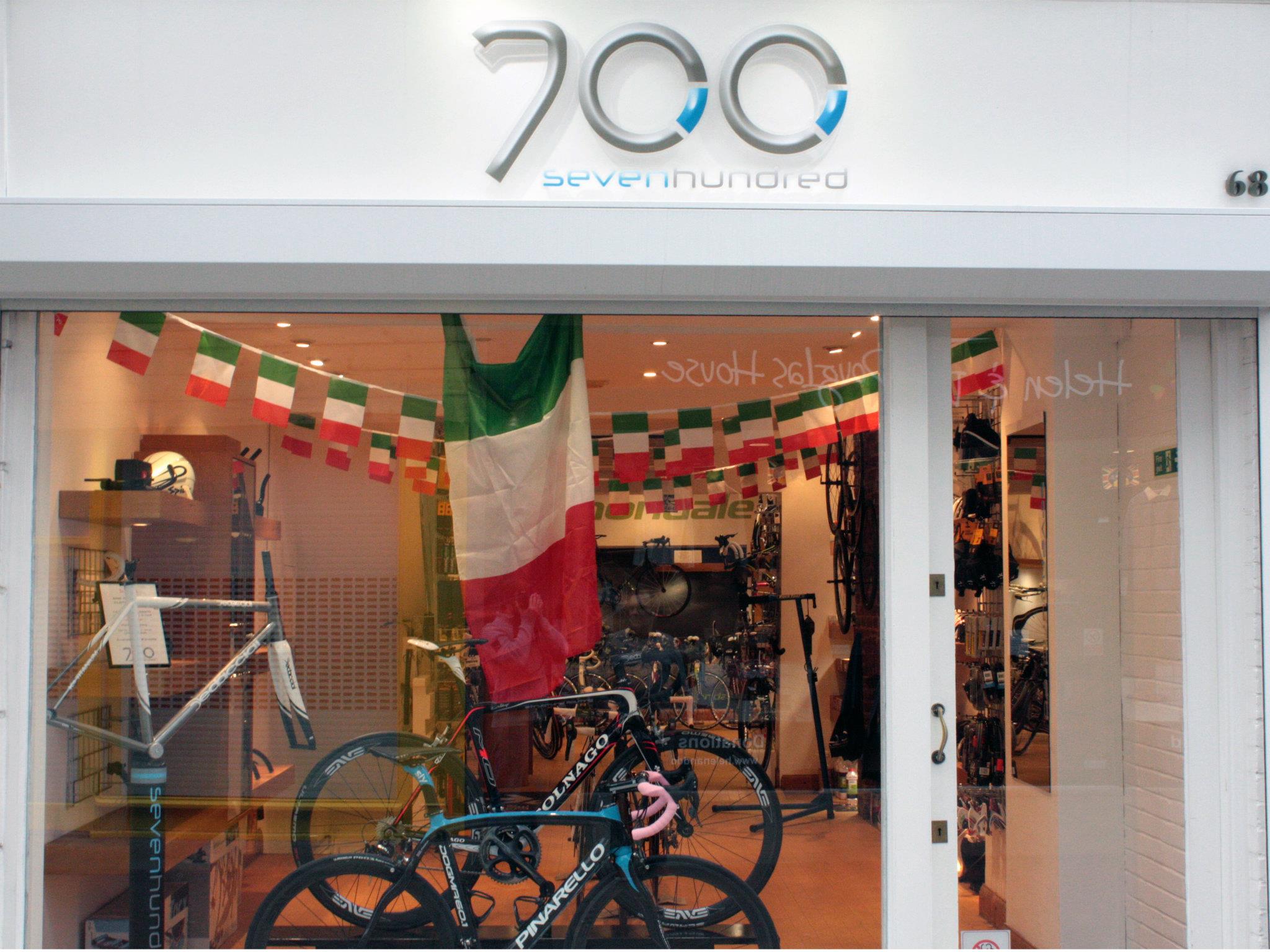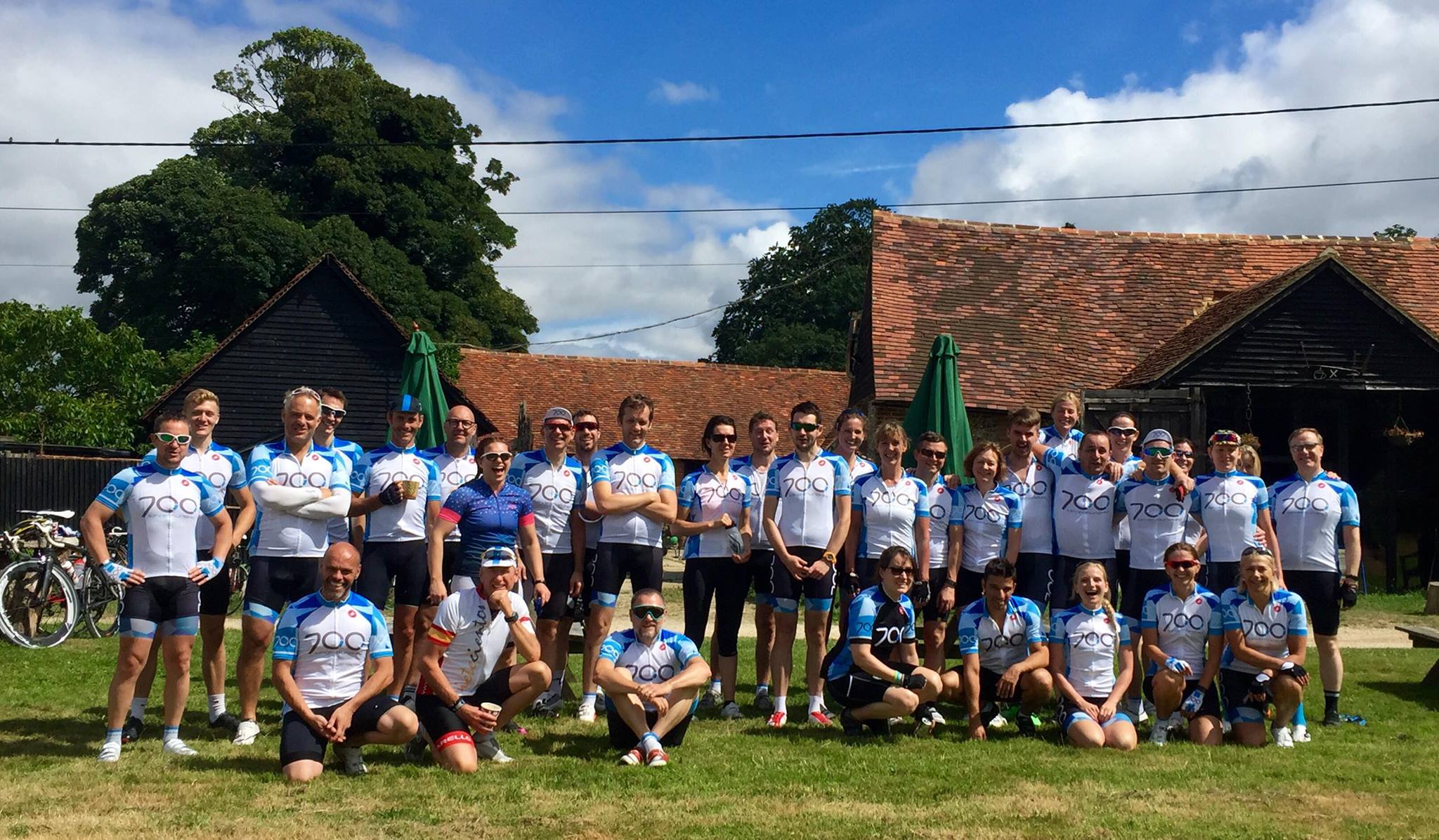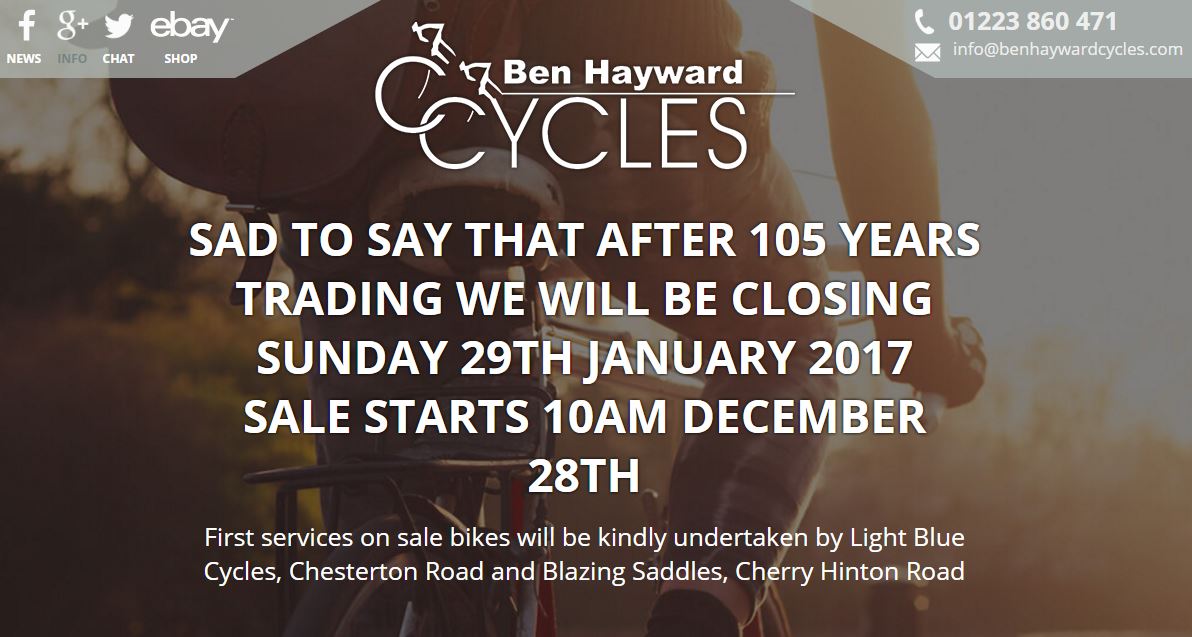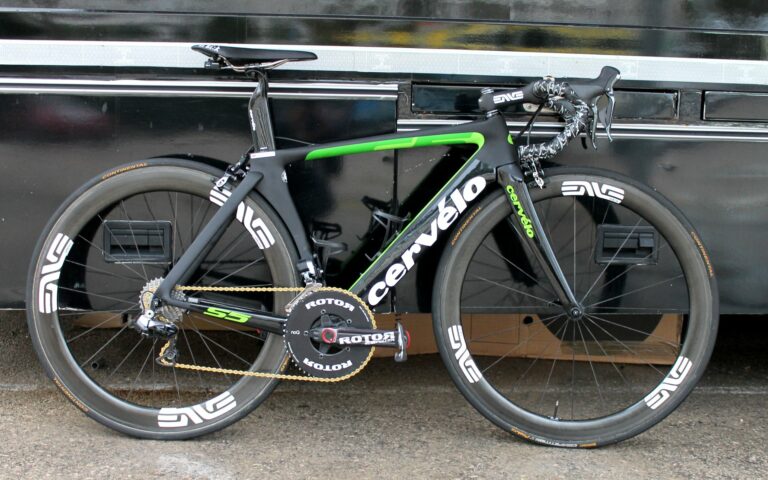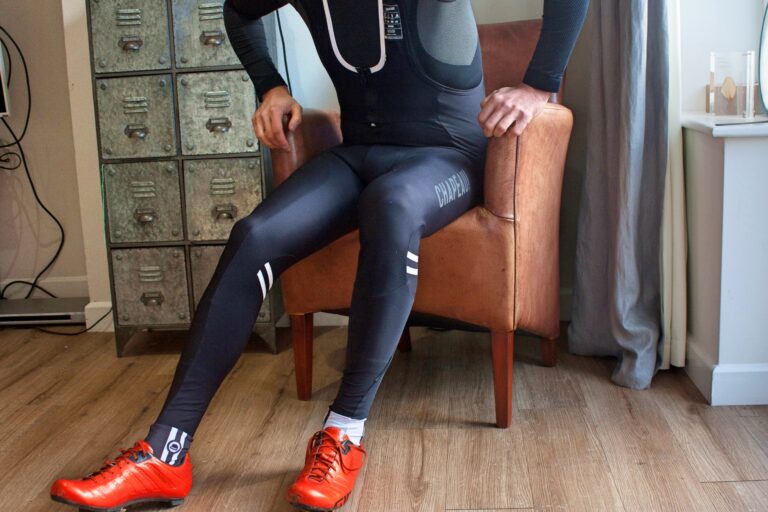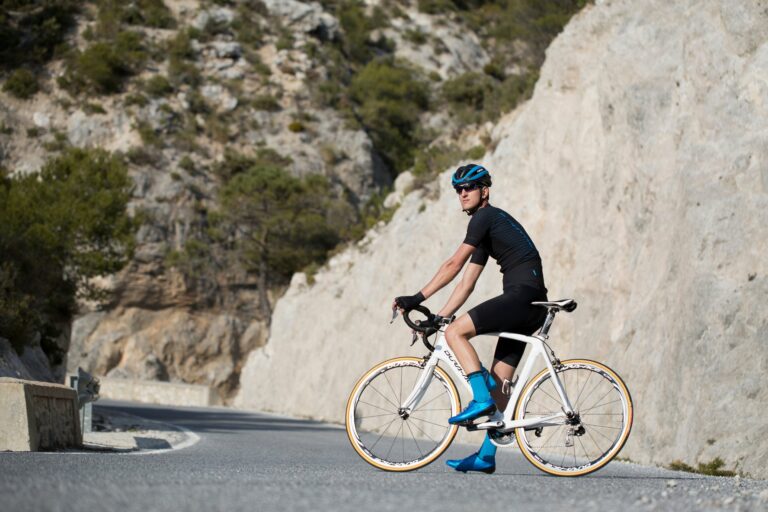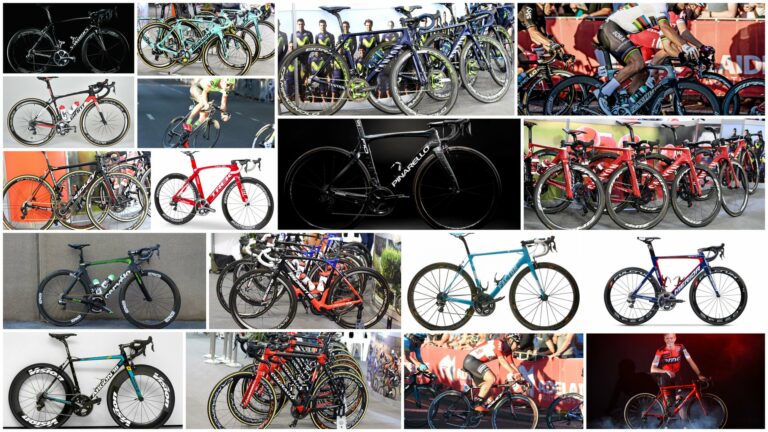The independent bike shop has never been under such pressure.
The superior buying power, stock holding and delivery offered by the internet giants have decimated entire areas of the independent bike dealer’s business.
Elsewhere, a growing trend for mobile mechanic services, themselves formed in reaction to the commercial dominance of online retailers and their inability (so far) to turn up and fix your bike, is threatening workshop income for businesses that typically trade in an expensive high-street environment.
We spoke to the owners of three independent bike shops – the Sigma Sport ‘destination store’ in Surrey, shop-cum-club 700 Cycles in Windsor, and the the soon-to-close Ben Hayward Cycles in Cambridge – to gain an insight into the landscape of the local bike shop: its challenges, opportunities, and chance of survival.
The destination store
Sigma Sport raised the bar for independent bike dealers when it opened its flagship store in Hampton Wick on the London-Surrey border in 2011.
But even a shop as successful as Sigma – built over nearly a quarter of a century by Ian Whittingham and Jason Turner from a bedroom-based mail order outfit – was not insulated against the chill wind blown through the sector by online retailers.
Whittingham says Sigma Sport has invested heavily in its online offering in recent years, scrapping plans to open more premises and even closing its Specialized Concept Store in Kingston.
Instead, Sigma’s focus in recent years has been in developing its online offering alongside strengthening the position of its Hampton Wick premises as a ‘destination store’ to which customers will travel from far and wide. With the lease coming to an end on their first premises in 2010, Sigma Sport’s owners decided that their next shop would need to redefine expectations of an independent bike dealer if it was to compete in the modern age, with the Hampton Wick site chosen as a result.
